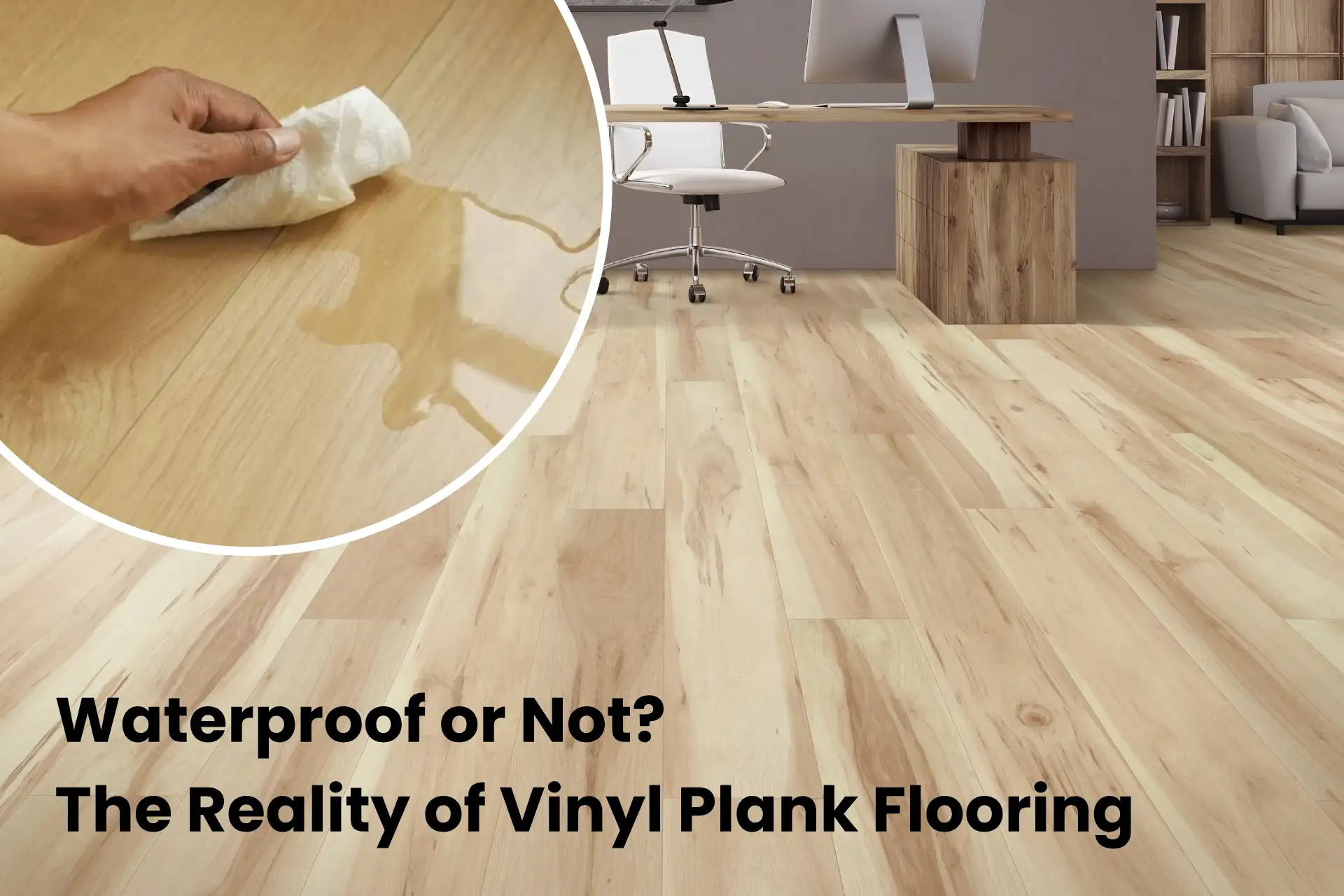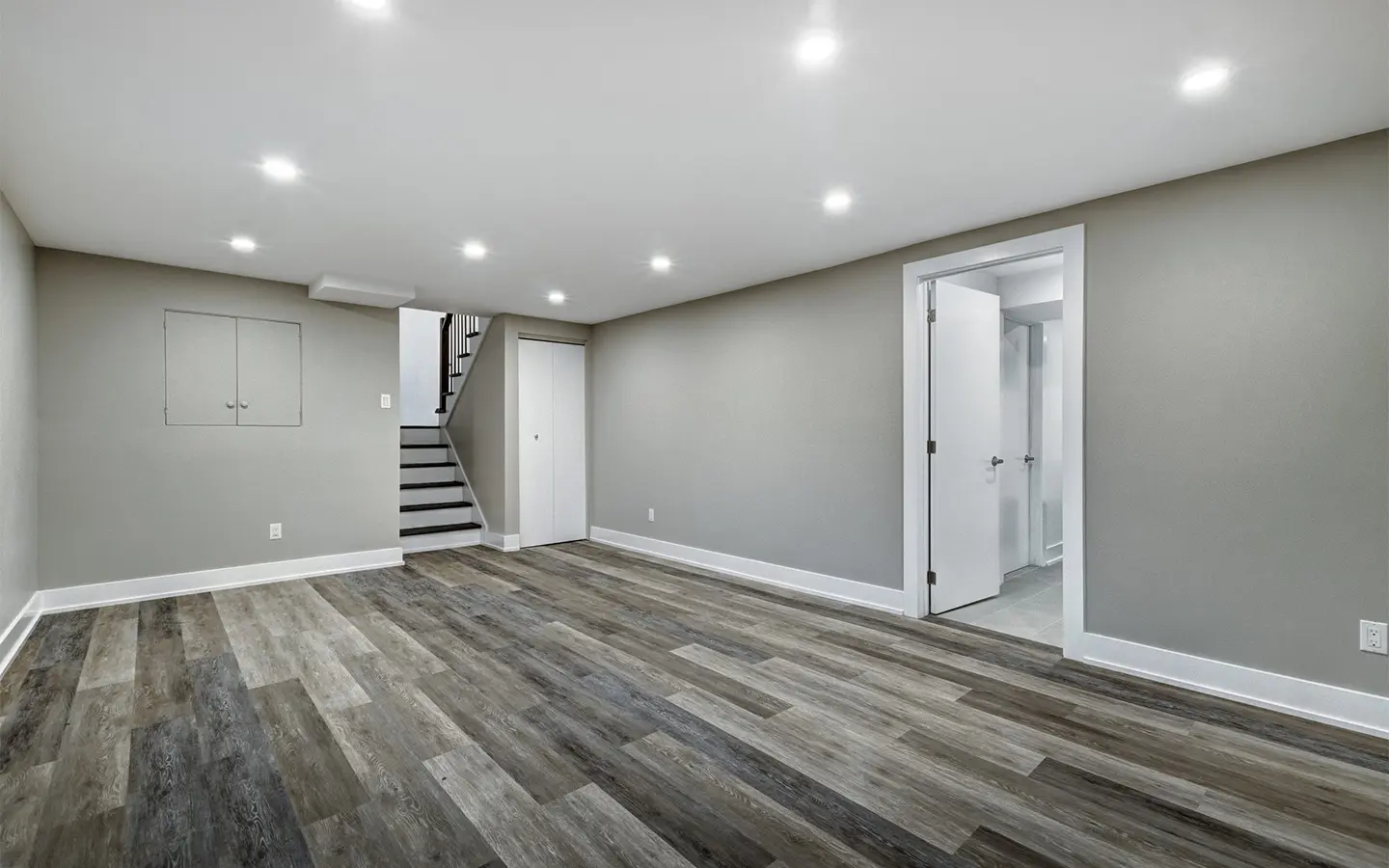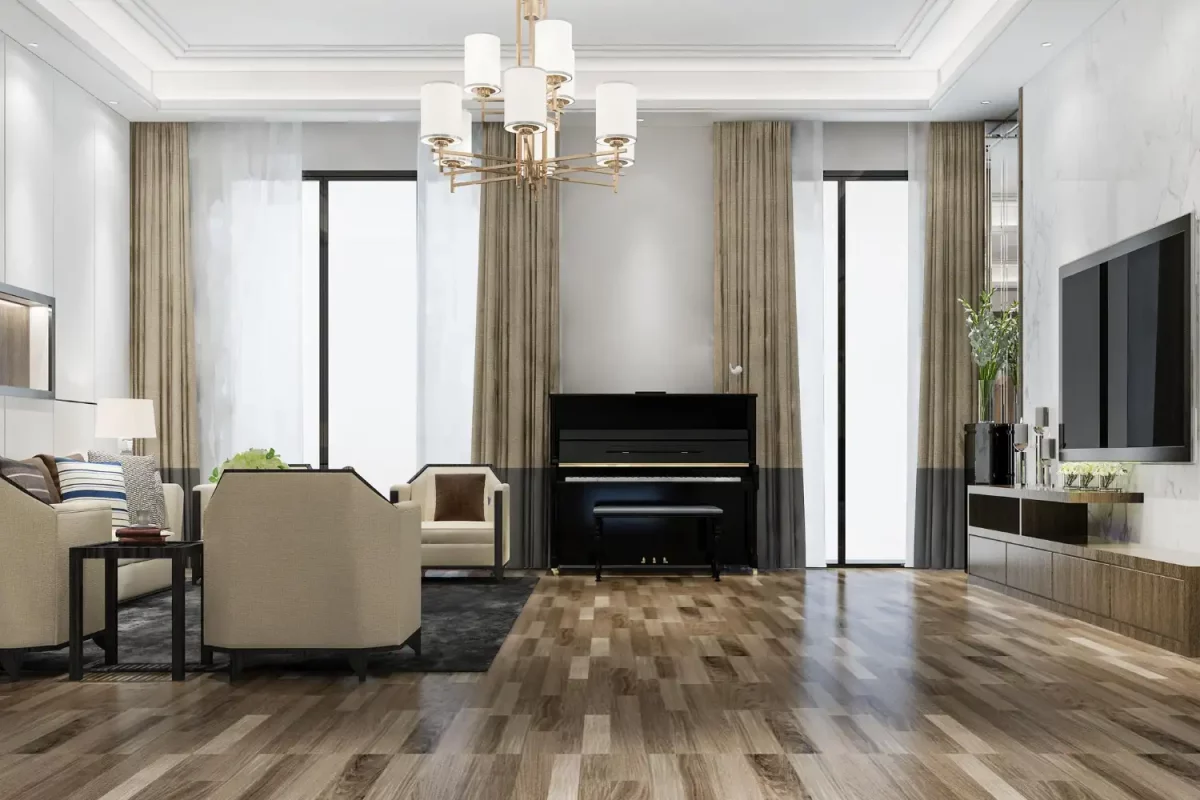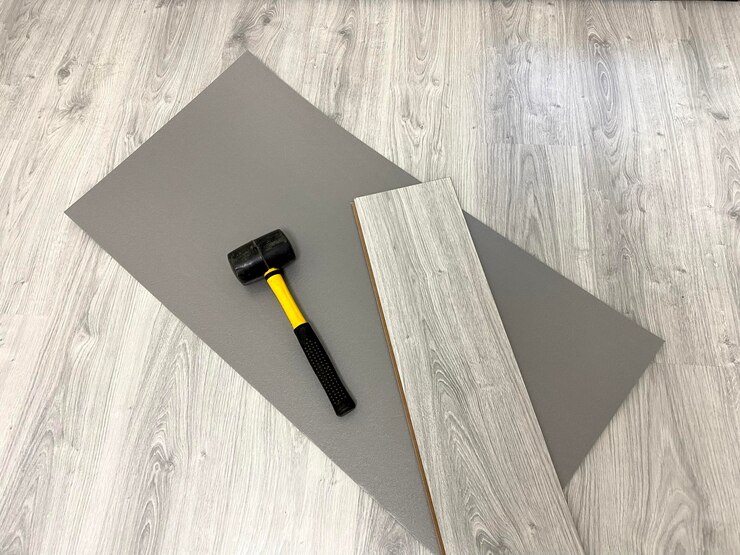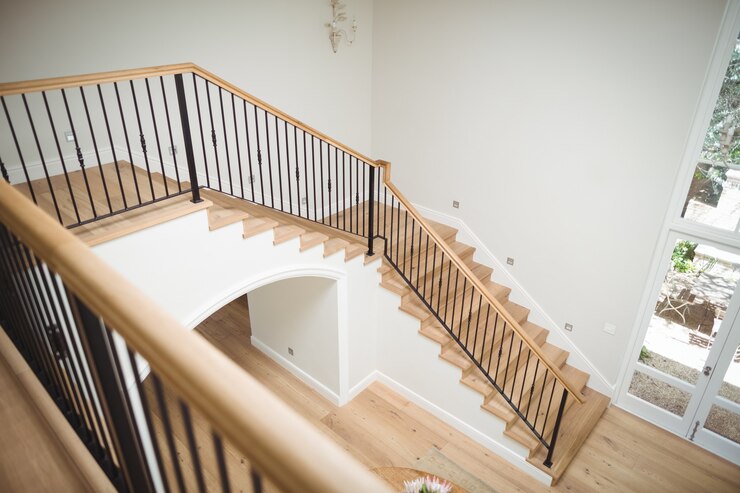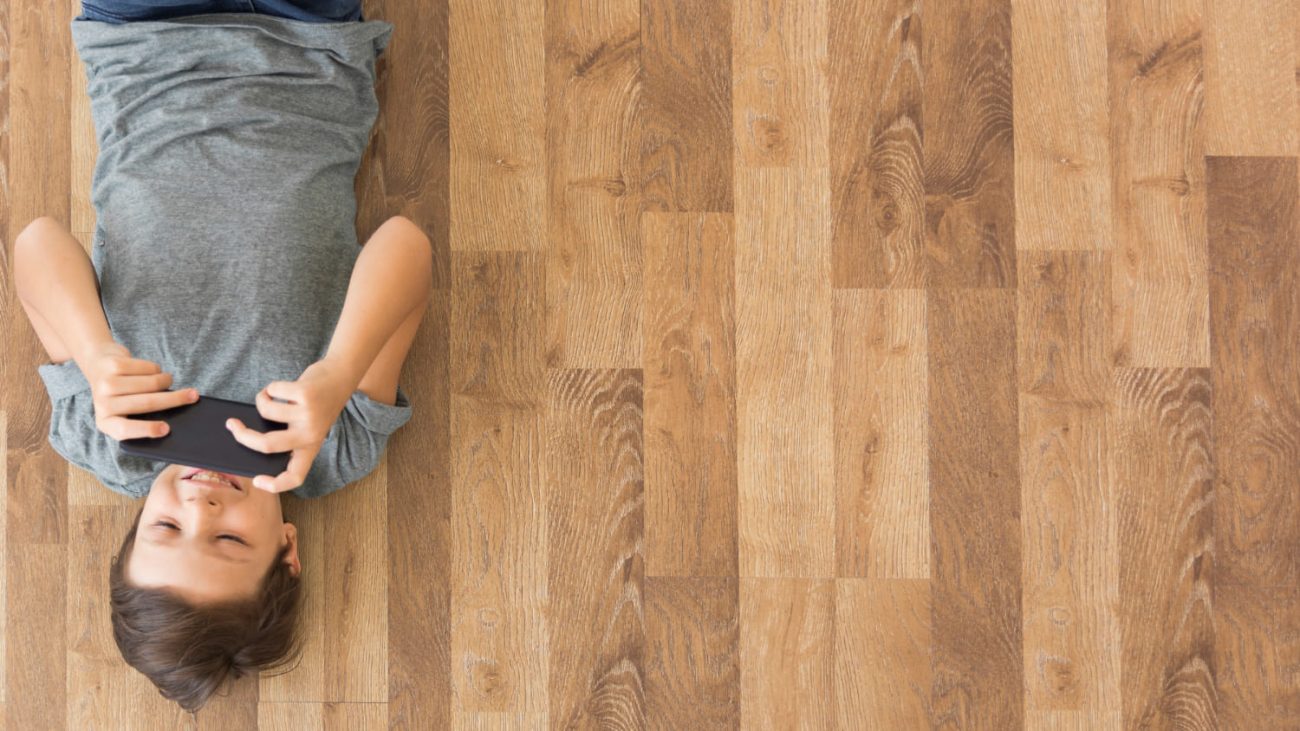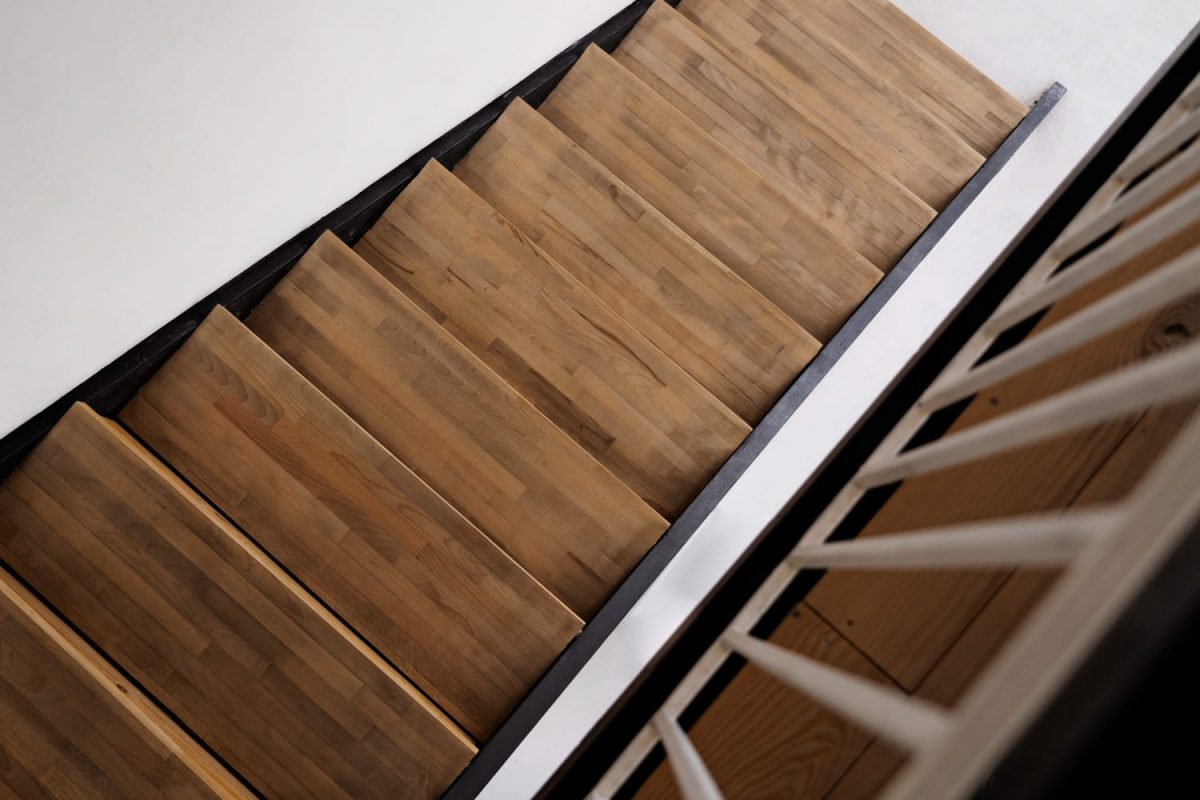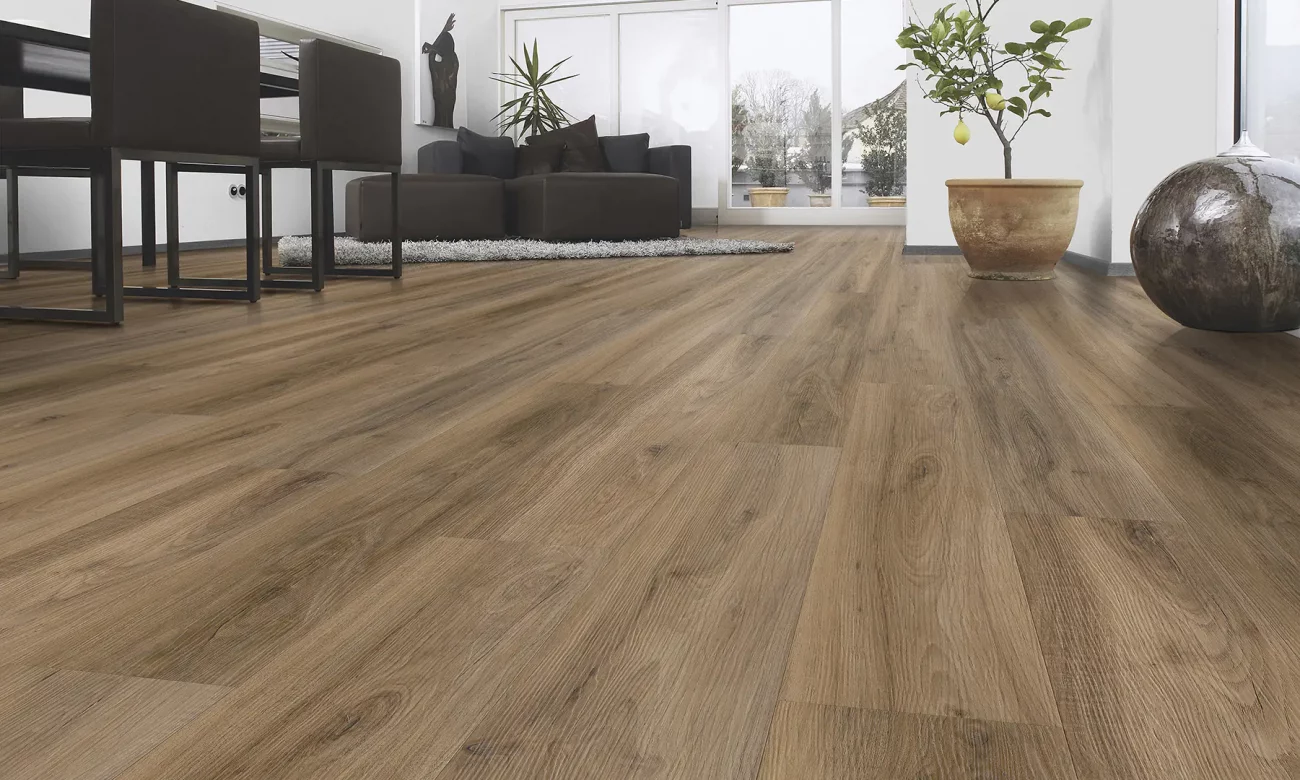Vinyl plank flooring has surged in popularity over the past decade, offering a versatile and cost-effective alternative to traditional hardwood and stone. One of its most touted features is its water resistance, making it an appealing choice for areas prone to moisture such as kitchens, bathrooms, and basements. However, the question remains: is vinyl plank flooring truly waterproof? This comprehensive guide explores the waterproofing capabilities of vinyl plank flooring, its construction, benefits, potential drawbacks, and tips for maintaining its longevity.
Understanding Vinyl Plank Flooring
Construction and Materials: Vinyl plank flooring, often referred to as Luxury Vinyl Plank (LVP) or Luxury Vinyl Tile (LVT), is composed of multiple layers designed to provide durability, aesthetic appeal, and moisture resistance. The primary layers include:
- Wear Layer: This top layer is transparent and provides protection against scratches, stains, and wear. It determines the durability of the flooring.
- Printed Vinyl Layer: Beneath the wear layer, this layer features a high-resolution image that mimics natural materials like wood or stone.
- Core Layer: This can be either a flexible vinyl core or a more rigid core made of stone-plastic composite (SPC) or wood-plastic composite (WPC), enhancing stability and water resistance.
- Backing Layer: The bottom layer adds stability and often includes an underlayment for sound absorption and added comfort.
The Waterproof Debate: Vinyl Plank Flooring
Waterproof vs. Water-Resistant: When discussing vinyl plank flooring, it’s crucial to differentiate between “waterproof” and “water-resistant.”
- Waterproof flooring means the material itself can withstand water without being damaged, and it won’t allow water to seep through.
- Water-resistant flooring can handle some exposure to water but may not be impervious to water over extended periods or if water penetrates the seams.
Evaluating Vinyl Plank Flooring’s Waterproof Capabilities
Core Types:
- Flexible Vinyl Core: Flexible vinyl planks are generally water-resistant rather than waterproof. They can handle spills and moisture to a certain extent but prolonged exposure may lead to damage, especially if water seeps through seams or edges.
- Stone-Plastic Composite (SPC): SPC vinyl planks are highly regarded for their waterproof properties. The rigid core made of a blend of limestone and plastic ensures that the planks do not swell or warp when exposed to water. SPC is ideal for high-moisture areas and offers superior dimensional stability.
- Wood-Plastic Composite (WPC): WPC vinyl planks also offer excellent waterproof characteristics. The core combines wood fibers and plastic polymers, providing a comfortable underfoot feel and robust resistance to water. WPC is suitable for both residential and commercial applications.
Benefits of Waterproof Vinyl Plank Flooring
1. Ideal for Moisture-Prone Areas: Waterproof vinyl plank flooring is an excellent choice for kitchens, bathrooms, laundry rooms, and basements. Its ability to resist water prevents warping, buckling, and mold growth.
2. Durability: With a strong wear layer and a robust core, waterproof vinyl planks can withstand heavy foot traffic, making them ideal for busy households and commercial spaces.
3. Easy Maintenance: Vinyl plank flooring is easy to clean and maintain. Spills can be wiped up quickly without worrying about water damage, and regular sweeping and mopping keep the floors looking new.
4. Aesthetic Appeal: Modern printing technologies allow vinyl planks to closely mimic the appearance of natural wood, stone, or tile, offering a high-end look without the high cost.
5. Comfort and Sound Insulation: Vinyl plank flooring often includes an underlayment that provides cushioning and reduces noise, enhancing comfort and creating a quieter environment.
Potential Drawbacks and Considerations
1. Installation Quality: The waterproof effectiveness of vinyl plank flooring can be compromised if not installed correctly. Proper sealing of seams and edges is essential to prevent water infiltration.
2. Subfloor Preparation: The condition of the subfloor is critical. It must be clean, dry, and level to ensure proper installation and prevent moisture issues. An uneven subfloor can cause gaps where water might seep through.
3. Maintenance of Seams and Joints: While the planks themselves are waterproof, the seams between them can be vulnerable if not properly sealed or if the flooring is damaged. Regular inspection and maintenance are necessary to ensure the integrity of the waterproof barrier.
4. Potential for Damage Under Extreme Conditions: Although vinyl plank flooring is highly water-resistant, it is not indestructible. Prolonged exposure to standing water or extreme conditions can still lead to damage. It’s important to address leaks and spills promptly.
Tips for Maximizing the Longevity of Your Vinyl Plank Flooring
1. Proper Installation: Hire professional installers or follow the manufacturer’s instructions meticulously if you choose to DIY. Ensure all seams are tightly sealed and edges are properly finished to prevent water penetration.
2. Use Area Rugs and Mats: Place area rugs or mats in high-moisture areas such as near sinks, bathtubs, and entrances to absorb water and reduce the risk of water damage.
3. Regular Cleaning: Clean up spills immediately and use a damp mop for regular cleaning. Avoid using excessive water or steam cleaners, as these can compromise the integrity of the seams.
4. Protect Against Scratches and Dents: Use furniture pads and avoid dragging heavy objects across the floor to prevent scratches and dents that can allow water to seep into the core layers.
5. Monitor Humidity Levels: Maintain a consistent indoor humidity level to prevent expansion and contraction of the flooring. Use dehumidifiers in particularly humid areas to control moisture levels.
Conclusion
Vinyl plank flooring, particularly those with SPC or WPC cores, offers robust waterproofing capabilities that make it an ideal choice for moisture-prone areas in both residential and commercial settings. While the planks themselves are generally waterproof, attention must be paid to proper installation and maintenance to ensure the longevity and performance of the flooring. By understanding the waterproof properties and taking proactive measures to protect and maintain your vinyl plank flooring, you can enjoy its beauty and durability for many years.
As the market for luxury vinyl plank flooring continues to evolve, innovations in materials and construction will likely enhance the waterproof capabilities even further. For homeowners and business owners seeking a blend of aesthetic appeal, durability, and moisture resistance, vinyl plank flooring remains a top contender in 2024 and beyond.


